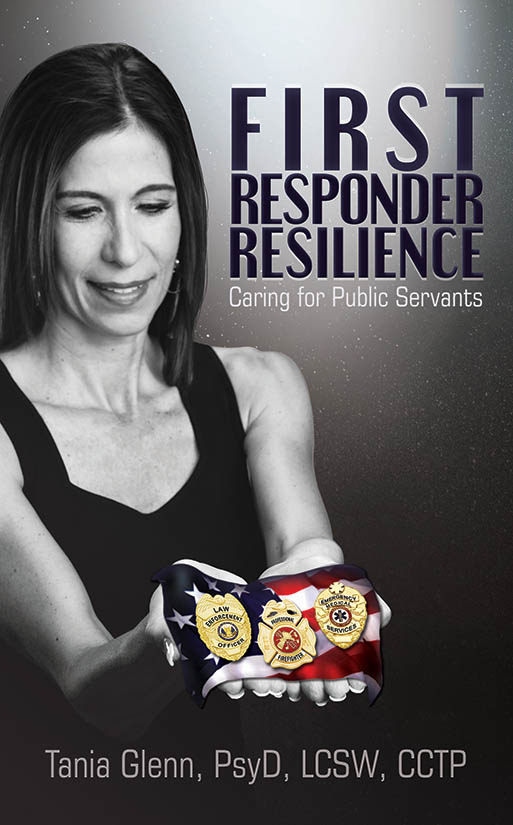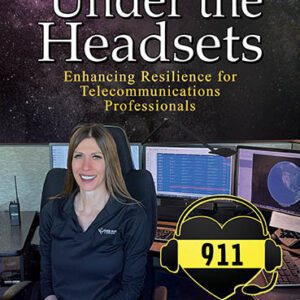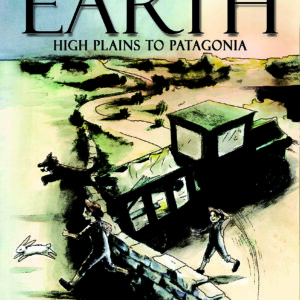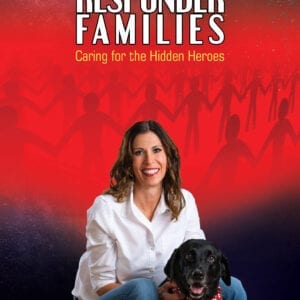Description
The tradition in emergency services has been to largely ignore mental health. This has never, nor will it ever, work. Recently there has been increased awareness of burnout, Post Traumatic Stress Disorder and first responder suicide. Unfortunately awareness is not enough. Dramatic videos sharing war stories do not offer solutions for these problems. This book is designed to guide the audience towards solutions.
Many people have asked me to write this book over the years. It seemed too daunting to me for a long time. After deploying to an active airport shooter situation along with a peer support team that I train and guide clinically, the Director of a large law enforcement organization learned of what we did and deemed our response as “best practice.” This is the equivalent of a golden egg or Nobel Prize in my world. This alone spurred me to write the book!
ADDITIONAL REVIEWS ARE AVAILABLE ON AMAZON






Ryan Sharma –
Overall, a good easy read. I like the attention to the culture of first responders (fire, police, EMS), though it seemed mostly anecdotal. I also like how the author shares her general approach to this work. However, missing from the book is more information about the nuts and bolts. Also, there’s a considerable amount of self-aggrandizement in the book, including stories of self-heroism, many many pictures of the author, and interviews with her clients telling her how great she is. I was also a little concerned about portraying EMDR as above and beyond all other therapies, when it’s been long established that EMDR has borrowed the behavioral interventions that existed decades before and adding superfluous hand motions. This led me to checking her credentials, where I learned that her doctorate is from an online program at California Coastal University, which does not (or no longer) list a PsyD program.
Greg Leal –
Loved the book. Unlike books that I have read dealing with PTSD, Tania Glenn gives a short clinical explanation of the effects PTSD has on the brain and the person as a whole. This allows the reader not to get bogged down, freeing them to concentrate on the knowledge her book provides.
Other than the intensity of war, I can identify with almost every situation in her book. The use of actual events is what draws the reader into wanting to know how the situation turned out and did the first responder get the help they needed or were they thrown out to “get over it “.
FIRST RESPONDER RESILIENCE is a must read for those who work with emergency response professionals.
Sarah –
I am biased, I know Dr. Glenn personally and think she’s the bee’s knees. However, she is legit and the real deal. Dr. Glenn has helped me and many others. Highly recommend! Looking forward to her next book.